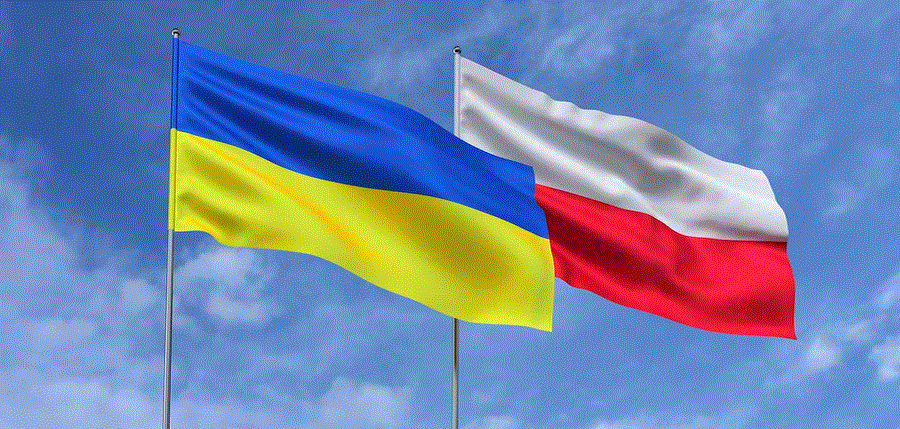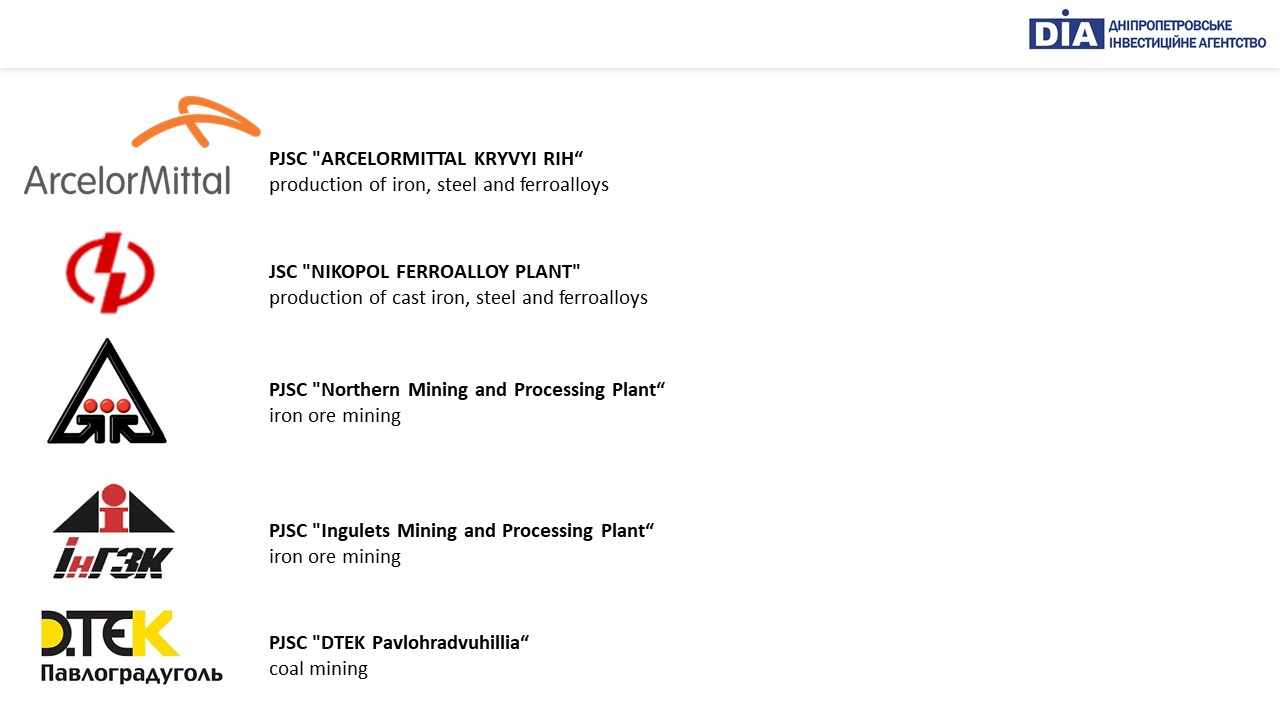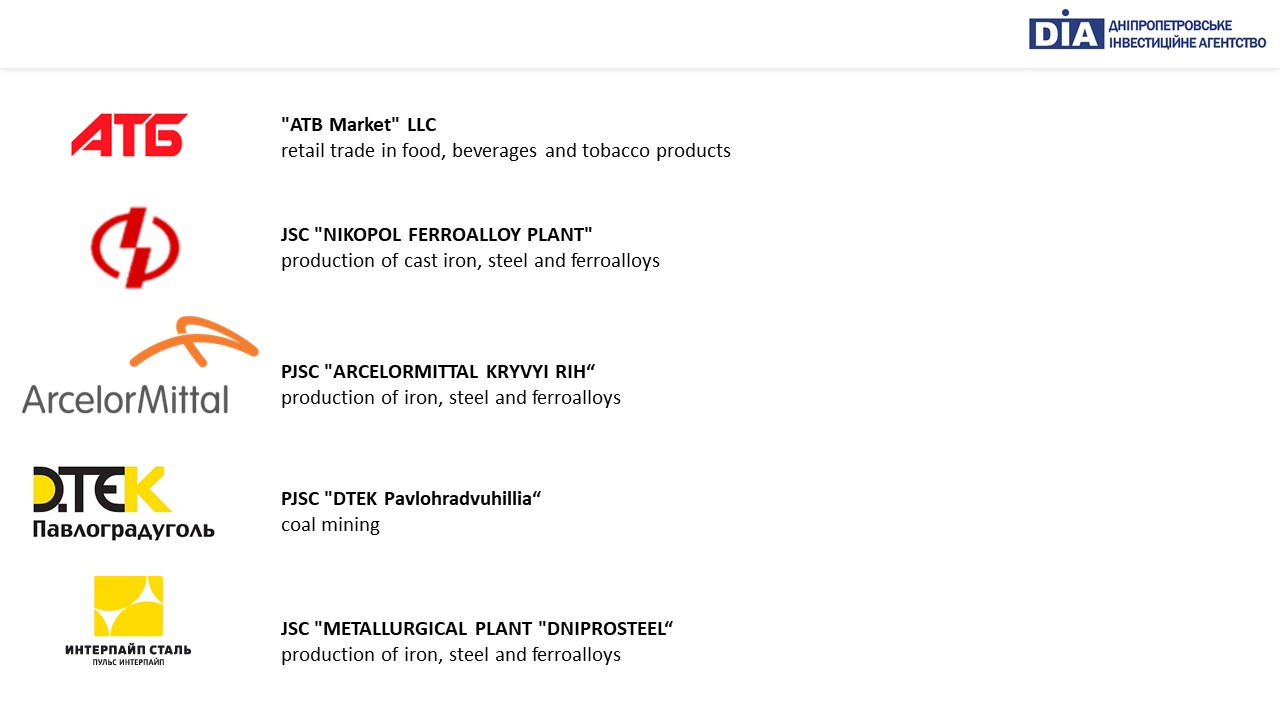Doing business

It is difficult to overestimate how much the Republic of Poland has supported Ukraine in the war with russia. The neighbouring country has lent a shoulder to Ukraine in the darkest times since its independence. Poland has supported, is supporting and will continue to support Ukraine in countering russian aggression. The country provides military, financial and humanitarian aid, imposes sanctions against Russia and recognises the actions of the occupiers as genocide of the the Ukrainian people.
Poland expressed its readiness to become a guarantor of the security of Ukraine at Kyiv’s request, along with other countries. At the same time, the country’s authorities have stated that they will not support any peace agreement that would mean that Ukraine would lose its territory. The Polish president also stands for Ukraine’s rapid membership in the EU.
Polish activists are constantly organising actions to support Ukraine and the Ukrainian people. A series of Polish crowdfunding campaigns organised by journalist Sławomir Sierakowski and the Army of Drones organisation were impressive, as their combined efforts allowed them to buy a Bayraktar TB2 from Baykar Tech, 20 WB Electronics FlyEye reconnaissance UAVs and 20 WB Electronics Warmate ammunition. The company subsequently donated the Bayraktar for free, and about €5 million raised was used for charities that help Ukrainian citizens. Such substantial military assistance from businesses and individuals proves that Polish people stand behind Ukraine, influencing the course of the war more than some countries.
In more than a year since the start of russia’s war against Ukraine, Poland has hosted about 1.5 million Ukrainian refugees. It was the Poles who sheltered the largest number of our people during the year of the full-scale russian invasion. They opened their homes and hearts to them, and they continue to help and support them until now.
Not only the highest state level helped Ukrainians – private Polish companies organised deliveries of humanitarian goods to the border, and aid centres were set up in cities where ordinary people brought whatever they could share.
Aid came from everywhere:
The Polish Voivodeship of Lower Silesia, a permanent international partner of Dnipropetrovsk region, regularly sent humanitarian aid to the region in 2022. “Lower Silesia is a long-term partner of Dnipropetrovsk region. We have three valid agreements between our regions. We cooperate in the humanitarian and cultural sectors, exchange scientific achievements and gains in local self-government. Now our friends are providing humanitarian aid, which is so necessary in times of war. This cooperation is truly valuable for Dnipropetrovsk region! It means support for the civilian population of the region and refugees staying in our homeland. We thank our partners for their concern,” said Mykola Lukashuk, Chairman of the Dnipropetrowsk Regional Council.
Since the beginning of the war, Poland has provided assistance to Ukraine in the amount of over PLN 10 billion (€2.1 billion). The largest share of this amount is the cost of donated weapons – about PLN 7 billion. Poland ranks third in the world in terms of military assistance to Ukraine after the United States and the United Kingdom. From Poland, the Ukrainian Armed Forces receive artillery, hundreds of tanks, MLRS and a number of other weapons. Poland also plays an important role as a central transit hub for weapons supplies to Ukraine, so most Western military aid is delivered through this country.
The development of mutually beneficial trade and economic cooperation remains an important priority for the two countries.
Export and import operations of Dnipropetrovsk region with Poland also demonstrate a high level of partnership, as this country is a key trading partner of the region. Poland ranks first among exporters from Dnipropetrovsk region and ranks second in imports of goods among world countries.
According to the results of 2022, the volume of goods exports from Dnipropetrovsk region increased by 72.4% ($1.5 billion), accounting for 24.4% of the region’s total exports. The most popular products among Polish consumers include iron ores and concentrates, ferrous metals and ferrous metal products, fats and vegetable oils, mineral fuels, etc.

Export operations were carried out by 352 companies from the Dnipropetrovsks region.
The main exporting companies are enterprises of the mining and metallurgical complex, processing industry and agriculture.
TOP-5 exporting companies (ranked by export volume):

Imports of goods from Poland to Dnipropetrovsk region totalled $313.6 million and increased by 5% compared to 2021. Dnipropetrovsk region mostly bought mineral fuels, dairy products, perfumes, machinery, equipment, and more.

Import operations were carried out by 592 importers.
TOP-5 importers (ranked by volume of imported products):

Import operations were mainly carried out by enterprises of the mining and metallurgical complex, processing, food and trade enterprises.
Source: information for the article was taken from open online sources